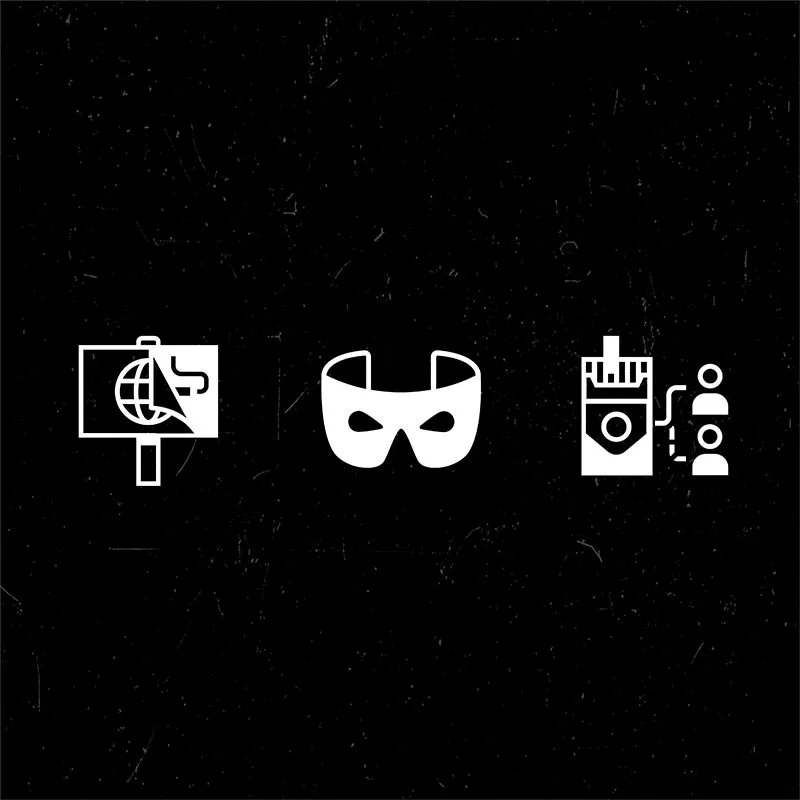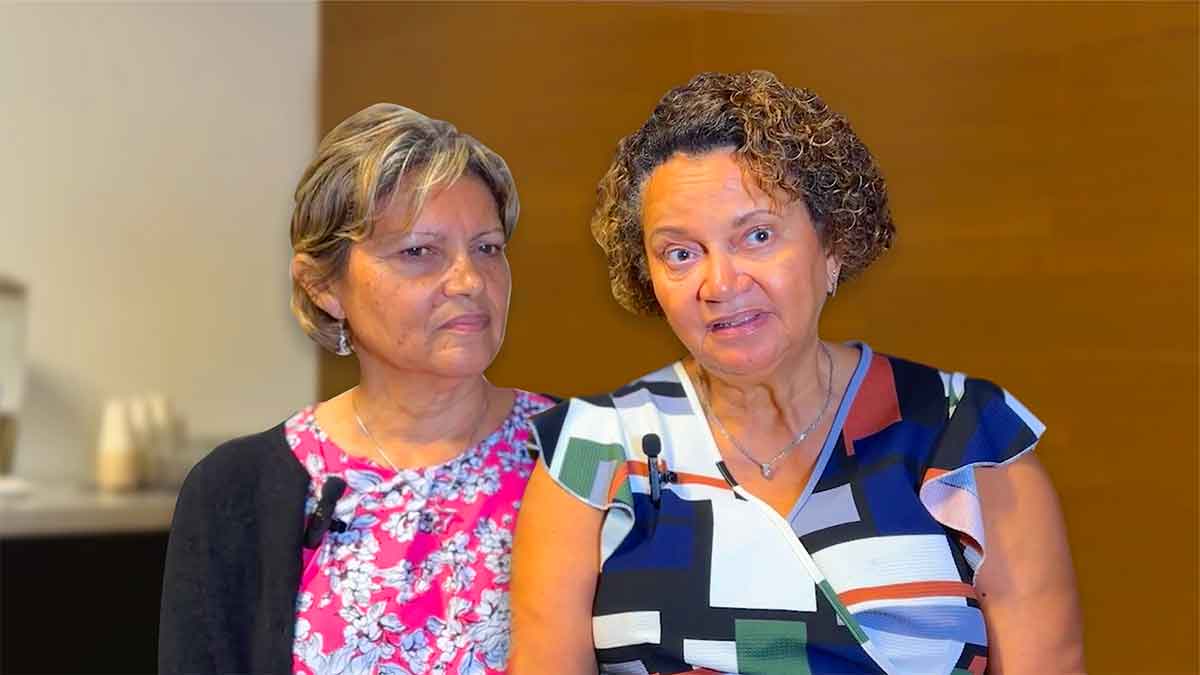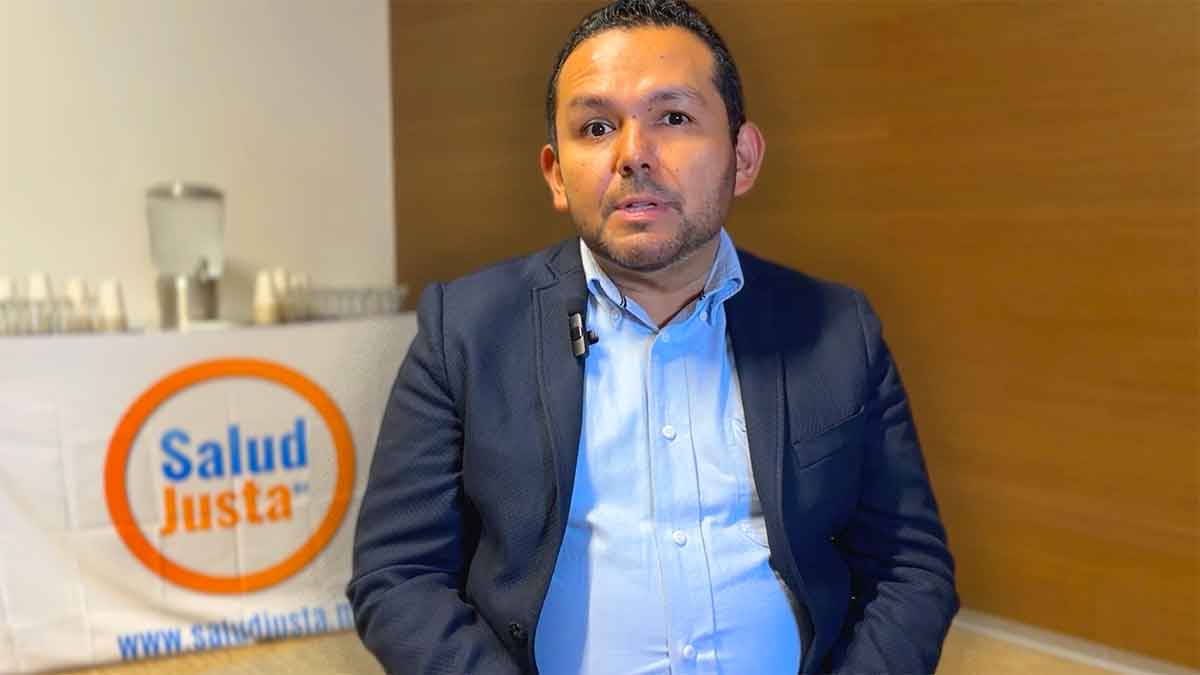- Resources
- News
-
-
Get Email Updates
Sign up for STOP's emails and never miss an update on our latest work and the tobacco industry's activity.
-
Get Funding
Ready to tackle industry interference? You could be eligible for a grant.
-
Share a Tip
Do you have information on tobacco industry misconduct in your country? Let us know.
-
Get Email Updates
Sabotaging Policy
November 08, 2022

Latest update to the Industry Allies database includes a global astroturf group, a U.S.-based third party with global reach and front groups working in Bangladesh, Indonesia and Pakistan
(New York, United States and Bath, United Kingdom, November 8, 2022) – STOP, a tobacco industry watchdog, announced today that it has added 25 organizations from 12 countries to its Industry Allies database. Organizations on the list are categorized as front groups, “astroturf” groups or third parties that promote the tobacco industry’s agenda while appearing to be independent. The list gives policymakers, media and health advocates fresh insight into these groups, which work to limit, delay or block policies that improve public health.
“This update provides further evidence that the tobacco industry uses different types of organizations to build influence. They range from traditional allies like farmers’ groups and retailers associations, whose members have a vested interest in the sale of the industry’s products, to groups promoting the industry’s electronic products,” said Phil Chamberlain, Deputy Director of the Tobacco Control Research Group at the University of Bath, a Partner in STOP. “The common factor is shared interest, with tobacco companies as founders, funders, members or sources of revenue.”
STOP has added 135 groups across 33 countries since the database launched in 2019. The update released today includes organizations that focus on countries with some of the highest rates of smoking and largest populations, including Bangladesh, India, Indonesia and Pakistan. Colombia is newly represented on the list.
Many of the newly-added groups promote the industry’s newer nicotine and tobacco products; four are associations of grocers, newsagents and convenience stores that sell the industry’s products; several position themselves as representing the interests of tobacco farmers and three are Chambers of Commerce or business groups.
Chamberlain continued: “The industry is seeking to influence new policies in its own interests and, in some countries, roll back policies already implemented to reduce smoking. Worryingly, the allies we have identified represent only a portion of those helping to ensure business and policy environments remain friendly to the industry’s interests. Policymakers need to know about these groups because, though they appear independent, they are actually helping the tobacco industry.”
The tobacco industry has a long history of funding pro-business, anti-regulatory issue groups and think tanks to build credibility and influence. Organizations on STOP’s list have apparent links to the tobacco industry and promote pro-industry policy positions, including opposition to tobacco tax increases, plain packaging, health warnings on tobacco packaging and restrictions on youth marketing. Some simply help the industry launder its reputation. Organizations newly added to the list include:
- Asosiasi Petani Tembakau Indonesia mobilizes tobacco farmers to oppose tobacco control measures and urges Indonesia’s government not to ratify the WHO Framework Convention on Tobacco Control, a global treaty.
- The Philip Morris International-funded Foundation for a Smoke-Free World, a front group, has provided funds to the Swiss-based International Network of Nicotine Consumer Organisations (INNCO), which promotes the use of the industry’s newer nicotine and tobacco products around the world.
- U.S.-based Concordia organizes events, including an annual summit that takes place in the same week as the United Nations General Assembly. It gives Philip Morris International, a “patron member” of Concordia, a platform to deliver its misleading “transformation” messaging to UN, policymaker and business audiences.
- BAT Bangladesh, Philip Morris Bangladesh and United Dhaka Tobacco Co. Ltd are members of Bangladesh’s Foreign Investors’ Chamber of Commerce & Industry, which lobbies against tobacco control policies. Industry executives sit on FICCI’s board of directors.
- Behtr Pakistan has promoted industry narratives, such as linking tobacco tax increases to illicit trade. It claims to be a “nationwide public service, national interest initiative”, but was created by Pakistan Tobacco Company Limited, a subsidiary of British American Tobacco.
- Belgium-based International Association on Smoking Control and Harm Reduction works globally to promote the use of newer nicotine and tobacco products. Its events feature industry scientists and executives.
- Colombia-based Acción Técnica Social has also promoted the use of newer nicotine and tobacco products. The organization has had a contract with and provided advice to Philip Morris International.
STOP researchers profile allies in three categories which describe both their level of industry alignment and activity:
Front groups are organizations that claim independence but are established, funded or controlled by corporate interests. These groups have the strongest alignment with the industry. Examples include Foundation for a Smoke-Free World (U.S.), Prerona Foundation (Bangladesh) and The Tobacco Institute of India (India).
Astroturf groups are a specific type of front group that recruits real or fake supporters to give the impression of grassroots support for an industry-friendly issue or policy. Examples include World Vapers Alliance (U.S.) and Forest (U.K.).
Third parties are organizations that undertake a lobbying or public support role on behalf of tobacco companies yet appear to be independent. Examples include Concordia (U.S.), INNCO (Switzerland) and Alternative Research Initiative (Pakistan).
In STOP’s database, industry allies can be viewed by name, location or classification. New evidence or tips on new or existing groups can be accessed on STOP’s website.
Information sources
STOP researchers used academic sources and journals, government reports, financial filings, news articles, legal documents and organizations’ own materials to compile the list. To help assess financial transparency, STOP used the Transparify rating. Evidence to support the inclusion of these groups on the list is available on Tobacco Tactics.
Please contact the STOP press office for more information or to speak to a STOP spokesperson.
About STOP (Stopping Tobacco Organizations and Products)
STOP is a global tobacco industry watchdog whose mission is to expose the tobacco industry strategies and tactics that undermine public health. STOP is funded by Bloomberg Philanthropies and comprised of a partnership among The Tobacco Control Research Group at the University of Bath, The Global Center for Good Governance in Tobacco Control (GGTC), the International Union Against Tuberculosis and Lung Disease (The Union) and Vital Strategies. For more information, visit exposetobacco.org.



